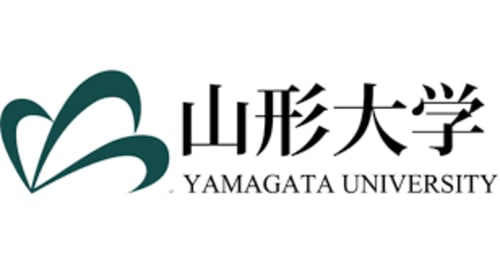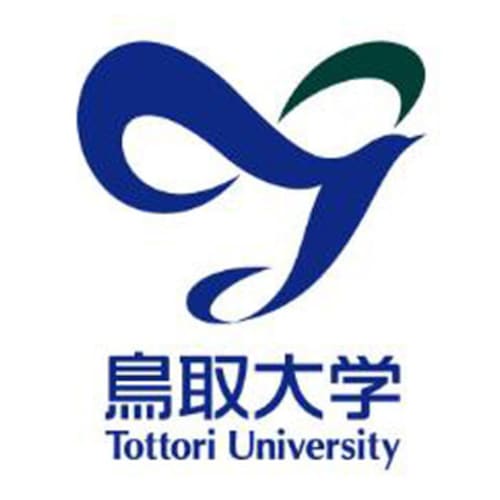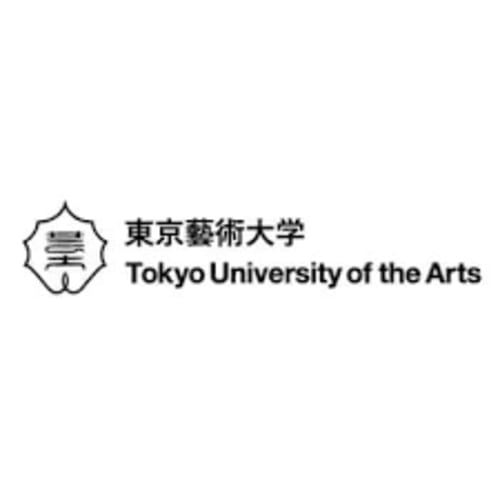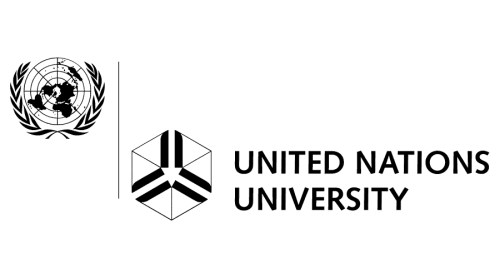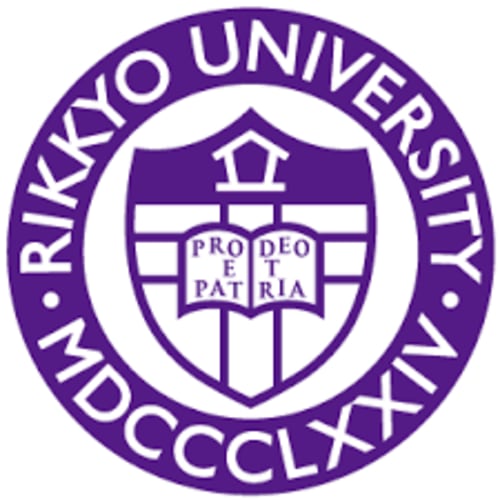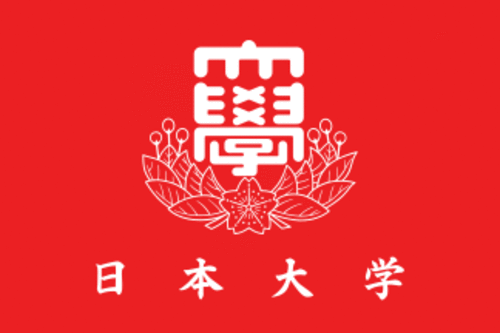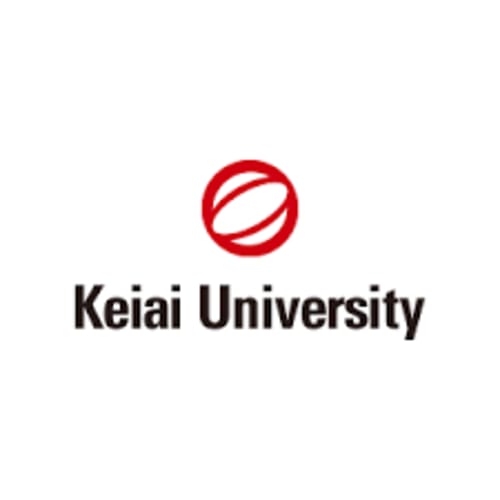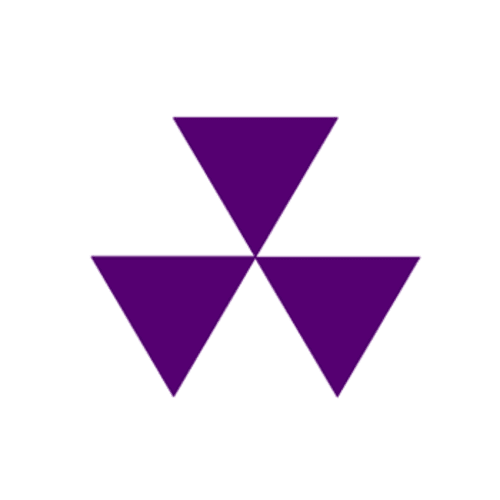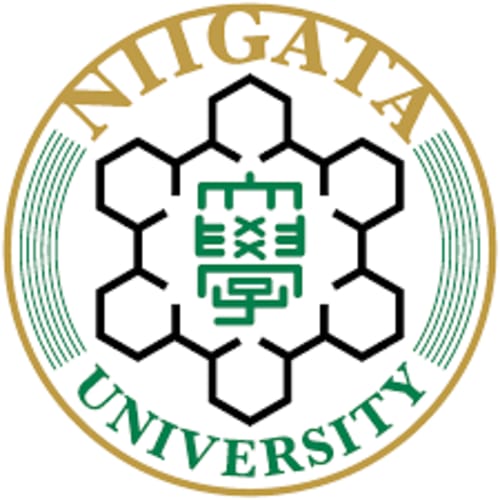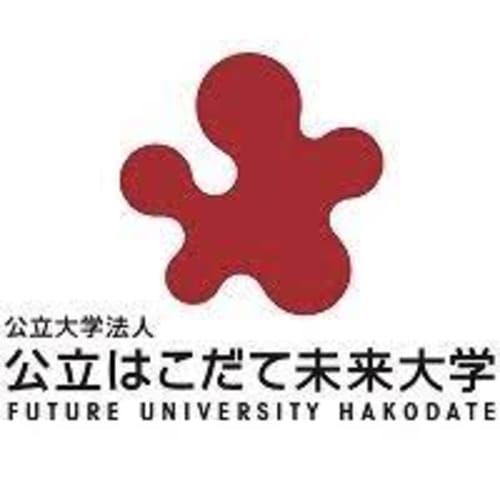
Best Universities for Master Programs in Japan 2024
Ghent University - Faculty of Engineering and Architecture
Ghent University - Faculty of Engineering and Architecture
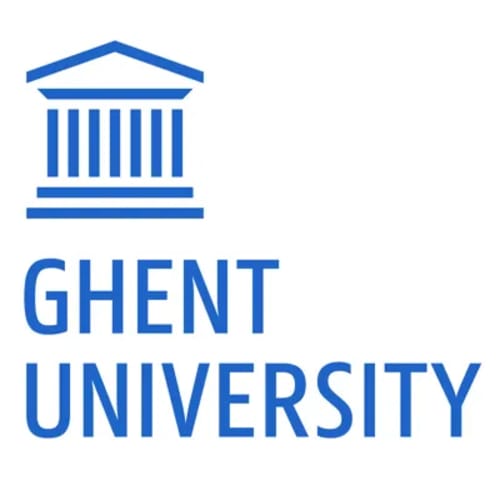
- Ghent, Belgium
- Alcoi, Spain + 2 more
The Faculty of Engineering and Architecture is one of the largest faculties of Ghent University. It combines state-of-the-art research with a top-notch education in all significant engineering and architecture fields. The faculty strongly focuses on international relations. It offers a wide array of master's programmes taught in English and is active in all major exchange programmes. Through research collaboration and educational links with top European institutions, the faculty strives to further enhance its international perspective.
FGV EBAPE - Brazilian School of Public and Business Administration
FGV EBAPE - Brazilian School of Public and Business Administration

- Rio de Janeiro, Brazil
- Bailrigg, United Kingdom + 3 more
The first public administration school in Latin America, the Brazilian School of Public Administration at the Getulio Vargas Foundation (FGV EBAP) was established in Rio de Janeiro on April 15, 1952 through a partnership between the United Nations (UN) and the FGV, in order to respond to demands for qualified professionals in this field.
- Yamagata, Japan
Beginning with the opening of Yamagata Prefectural Normal School in 1878, five educational institutions (Yamagata High School, Yamagata Normal School, Yamagata Youth Normal School, Yonezawa Technical College, Yamagata Prefectural) began in 1949. Agricultural and Forestry College) was established as a new national university. In 2019, we have inherited the history and tradition of celebrating the 70th anniversary of our founding, and we are sending out many excellent human resources to society.
- Tottori, Japan
The symbol mark of the University represents the initial letter “T” of Tottori University, which is designed in the form of a dynamically flying bird. The flowing lines comprising the mark express the dynamism with which the University flexibly adapts to the new era as a unique and attractive university with a distinct identity. The two wings intersecting in the center symbolize infinite (∞) possibility and the Fusion of Knowledge and Practice, the University’s basic principles, and represent the continuous growth of the University. The three circles comprised of two wings and a tail represent the goals* of the University’s education and research activities, while the image colors of blue and green represent the sky and the sea or the earth and life, which are symbols of the Earth, suggesting that the University develops globally while being nurtured by rich nature. 1) Development of well educated human resources that can play key roles in society 2) Promotion of cutting-edge research to solve global, human, and social issues 3) Contribution to the industries and culture of the local community
- Taito City, Japan
Tokyo Geidai is an internationally unique arts university that offers programs not only in fine arts and music, but also in film and new media, and art management as part of global art studies. As “a wellspring of creativity that can change the world”, the university, alongside the faculty staff and administrators, will continue efforts to nurture the next generation of outstanding artists, to promote the power of Japanese art and culture, and to contribute towards the global development of art through close collaboration with relevant organizations including the Japanese Ministry of Education, Culture, Sports, Science and Technology and the Agency for Cultural Affairs, thereby allowing the university to maximize its capabilities and values.
- Nisshin, Japan
In today’s globalizing society of co-existence between multiple languages and cultures, importance is attached not only to English as the global language but also to other languages. Just like languages, a stance of accepting multiple cultures is also seen as essential. In light of this social background, the School of Foreign Studies takes an academic approach to explore world languages and cultures. Students engage in academic learning regarding the languages, literature, cultures, societies, and other features of the linguistic area they major in, delving deep into the ways of thinking and behaviors of people with different cultural backgrounds. In addition to their major language, they also learn multiple languages to gain a multifaceted perspective and become global human resources with excellent language proficiency and interpersonal skills.
- Kobe, Japan
Le Cordon Bleu has been helping passionate students follow their culinary dreams over the last 125 years. Students come to Le Cordon Bleu from all walks of life. They are beginners enthusiastic about the culinary arts but utterly inexperienced; they are far along on one career path and ready for the next; they are established professionals seeking to improve themselves. Regardless of their ultimate goal – to run a restaurant or catering company, hotel or retail management, journalism, consulting, food styling – the students of Le Cordon Bleu come for the culinary education that will allow them to succeed.
- Shibuya City, Japan
The United Nations University (UNU) is a global think tank and postgraduate teaching organization headquartered in Japan. The mission of the UN University is to contribute, through collaborative research and education, to efforts to resolve the pressing global problems of human survival, development, and welfare that are the concern of the United Nations, its Peoples, and the Member States. In carrying out this mission, the UN University works with leading universities and research institutes in the UN Member States, functioning as a bridge between the international academic community and the United Nations system.
- Chiyoda, Japan
The worldwide spread of the new coronavirus infection is forcing changes in the way university education should be. In particular, the restriction of real overseas exchanges was a pain for Sophia University, which promotes globalization, but we provided support not only to international students in Japan but also overseas, centered on our overseas bases. In particular, the ASEAN Hub Center in Bangkok, which established a business company with the aim of further revitalizing educational functions from last year, is working to continue its business by introducing complete online classes. The biggest change caused by the Corona disaster is the rapid progress of online access at universities around the world. As a result, we can expect unprecedented research exchanges, such as remotely inviting professors who conduct cutting-edge research at overseas universities. Our university is also working to establish such a possibility as a system.
- Toshima City, Japan
Rikkyo University located in Tokyo and founded in 1874 began with St. Paul's School. It was established by the Episcopal Church missionary Bishop Channing Moore Williams as a private school that taught Christian Bible studies and English. At that time, Japan was rushing to catch up with the advanced nations of the West, and the field of education also had a strong utilitarian tendency. Knowledge and technology were often seen as tools for material prosperity and self-advancement. Rikkyo went against the trend of the age, modeling after the traditional liberal arts colleges of the West, which has successfully continued to develop to this day.
- Chiyoda, Japan
Nihon University, celebrating its 120th anniversary, originated from Nihon Law School, which was established in 1889. Since its foundation, the university has maintained its forefront at the forefront of university education and research with a global perspective and an enterprising spirit. As an attractive university with a wide range of fields of study, Nihon University has been involved in not only education and research, but also health care, lifelong education, and numerous other activities contributing to the development of society.
- Chiba, Japan
The founding spirit of Keiai University, "Keiten Mistress" (loves those who respect the heavens), is a word that Saigo Takamori (Nanshu), a leading figure in the Meiji Restoration, used to be the inscription. "Heaven" represents the reason that governs nature, and "human" refers to all humankind, including the self, and at the same time, the life and society built by people. Impressed by the belief of "respecting reason and loving people and their activities," the founder, Masayuki Nagatoro, made this the basic spirit of the school and named it "respect" to convey that aspiration. The name of Keiai University is also derived from this. The word “Keiten Aijin” (Worship Thy Heaven, Love Thy Neighborhood) appears in the teachings of Takamori Saigo, a leader of Meiji restoration. In this expression, “ten” means a reason to govern nature and the universe. All human beings. It also refers to Worship Thy Heaven, Love Thy Neighborhood. Masaji Nagatoro was deeply impressed by this spirit of respecting reason and loving your fellow men. As a result, he adopted this idea as his central principle and named our university “ Keiai ”in order to pass it down to future generations.
- Kyoto, Japan
Doshisha Women’s College of Liberal Arts was established in Kyoto in 1876 by Joseph Hardy Neesima, the founder of Doshisha; his wife, Yae Neesima; Alice J. Starkweather, an American missionary; and others. Dedicated to core principles of Christianity, internationalism, and liberal arts, the college has a history of constant innovation. It has grown to include eleven departments in six faculties and four graduate schools on two campuses in Kyotanabe and Imadegawa. Total enrollment is currently approximately 6,500 students.
- Niigata, Japan
We are approaching the end of the first quarter of the 21st century. During this time, conflicts and natural disasters symbolized by the terrorist attacks in the United States in 2001 and the Great East Japan Earthquake in 2011 have continued to occur. Now we are facing the enormous challenges of the COVID-19 pandemic, which has thrown our society into turmoil. On the other hand, there are great expectations for rapidly advancing science and technology as a driving force for the development of a sustainable society. Accordingly, in the course of social reform, a major review of the mission of universities has come to be required. Niigata University aims to be needed and to continue shining even more in the turbulent society of the 21st century. To that end, we will always think about what we can do as a national university in Japan, take action, and contribute to fostering individuals of the next generation and to the development of science as well as to society based on predictions of the future. This Niigata University Vision 2030 returns to the basics of Niigata University and shows various stakeholders what the future of Niigata University should be. In this vision, we regard the year 2030 as the immediate future, as it is the deadline for the SDGs (Sustainable Development Goals). Setting "Becoming a front-runner of future life innovation" as the mission that Niigata University is to accomplish toward the society of the future, we will gather the knowledge of Niigata University as a comprehensive university in order to enrich human activities on the earth. On the basis of this view, we have formulated visions of what Niigata University should be in the future of 2030 and establish the path toward these visions as our goal.
- Hakodate, Japan
Future University Hakodate is located on a hill overlooking the city of Hakodate with a spectacular view of Mt. Hakodate and the Tsugaru straight. Hakodate has a long history dating back to the Jomon Period 5,000 years ago. Its experience of the trade, war, and the opening of an international port in Edo to Meiji Period transition, and its subsequent role as the gateway to the development of Hokkaido have formed its unique history and culture. Future University Hakodate, which is located in this beautiful and fertile land, wishes to inherit the pioneer spirit to explore unknown fields. As a “Regional Center for Knowledge Creation” of Hakodate and South Hokkaido areas, Future University Hakodate aims to create a sustainable society for people to lead better lives.
